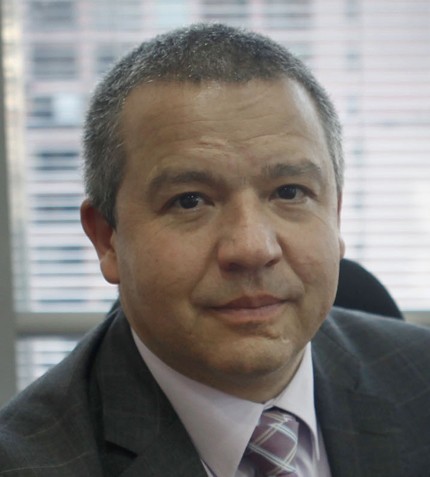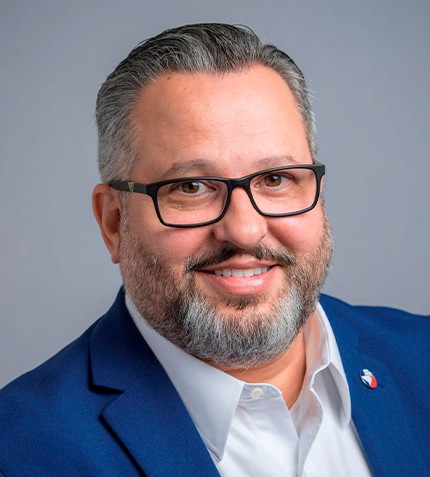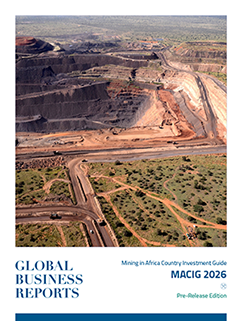
Donald Gray speaks to GBR about Blakes role in aircraft financing and some major changes that he expects might transform the industry.
RELATED PUBLICATION
ARTICLES FROM THIS PUBLICATION
Donald Gray
PARTNER, BLAKES
Could you provide a brief introduction to Blakes as well as describe your work with the aerospace sector?
We are a full service business law firm and we are the number 1 ranked leading lawyers in Aviation & Aerospace in Canada’s Leading Lawyers for Business 2017. In fact, we were significantly involved with the drafting and implementation of the Cape Town Convention, which has revolutionized aviation financing, and now aircraft financing in Canada is primarily international law. We focus primarily on the commercial side of aviation and we represent most aircraft and engine manufacturers, aviation banks and top aircraft leasing companies.
Our clients include Boeing, GECAS/GE, AerCap and Mitsubishi, among others. We perform substantial domestic and international aviation work for Export Development Canada (EDC). We also represent the U.S. Ex-Im Bank when they finance Boeing’s and other U.S. aircraft manufacturers’ export transactions in Canada. We also represent all of the banks that have completed EETC transactions for Canada.
Could you provide a case study of how you worked with a client in the aerospace sector?
We have acted for Boeing’s commercial aviation division for over 20 years, assisting with the sale and financing of their airliners in Canada. For example, Boeing sold a number of B777, 787 and 737 MAX aircraft to Air Canada. In addition to working with Boeing on the sales and support transactions, we worked with all of the financiers to date for these various deliveries including GE, the largest financier of airliners in Canada, with almost 100 aircraft, Ex-Im Bank, Morgan Stanley and Credit Suisse for various capital markets (EETC) transactions, and other lessors, such as Air Lease and AerCap.
What are your plans for growth in the aerospace industry?
Right now, we perform most of the available work in Canada in our primary field, which is aircraft financing. Our biggest growth area in the aerospace sector is the M&A front. Due to the stability of Canada as a place to invest, and the fact that aerospace is one of the areas where Canada is a world leader, there has been an increasing interest internationally to invest in Ontario, and we have negotiated deals for investments in original equipment manufacturers, parts manufacturers, aviation training units, military procurement projects, airlines and others.
What are some of the changing trends you see in the aerospace industry?
One of the biggest things to watch for is the future of export credit financing for aircraft. Most aerospace manufacturers in Canada use EDC to certain extent. Currently, in the United States, Ex-Im Bank is under considerable pressure. If the U.S. government, the largest player in the field, stops financing aircraft exports, that will put pressure on other governments, including the Canadian government to follow suit. This could bring revolutionary changes in the financing of aerospace businesses around the world. Also, another important trend is the increasing emphasis on carbon credits and jet engines’ effects on the atmosphere











